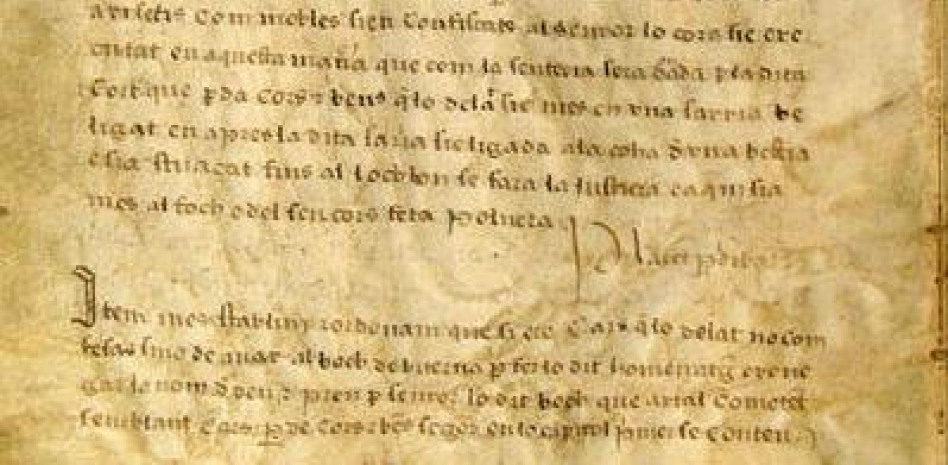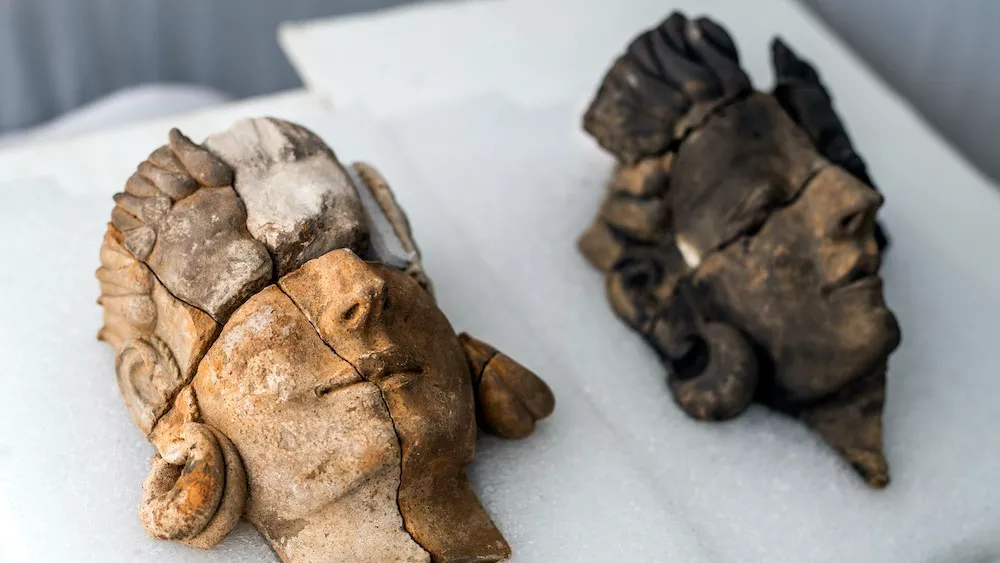Europe
New Conference dedicated to the oldest witchcraft law in Europe will remember victims and consequences of gender violence
|
A newly announced conference in Spain will examine Europe’s oldest witchcraft law and its impact on women’s history and persecution.




